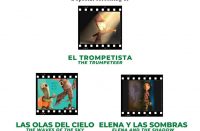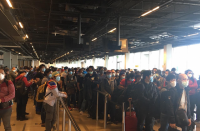A public forum on the plight of child labourers in the Philippines, organized by the Ecumenical Institute for Labour Education and Research, Inc. (EILER) and Quida In Kaisahan, with the support of the Delegation of the European Union (EU) to the Philippines, was held today in Quezon City.
The forum provided a platform for discussion and cooperation on ending the worst forms of child labour in the country. It took place in the year of the 25th anniversary of entering into force of the United Nations Convention on the Rights of the Child.
“It is important that dissuasive penalties are imposed in practice on persons who subject children to work in hazardous or exploitative conditions”, EU Ambassador Guy Ledoux said during the forum in Quezon City.
During the forum, two EU-funded local partners, the Ecumenical Institute for Labour Education and Research, Inc. (EILER), and Quidan Kaisahan, presented the findings of their research.
This focused on some of the worst forms of child labour including in plantations and mines in the Philippines, highlighting the risks and economic realities faced by child labourers in several regions across the country
The EU partners also presented the best practices of Civil Society engagement with Local Government Units in addressing child labour, for example: direct assistance, technical and skills training to child labourers in the
special Learning Centres, but also public advocacy activities on the impact on children of working in hazardous industries.
Nearly 1000 families of affected children benefited from these two projects in their first year of implementation,
allowing the child-labourers toreturn from mines and plantations to schools.







